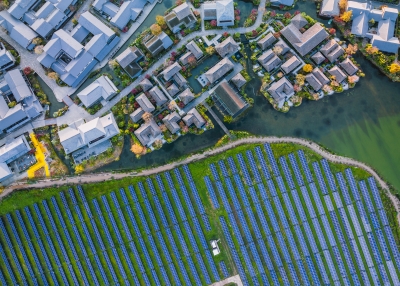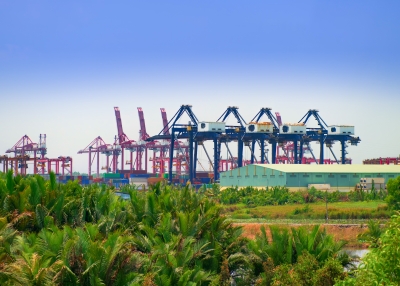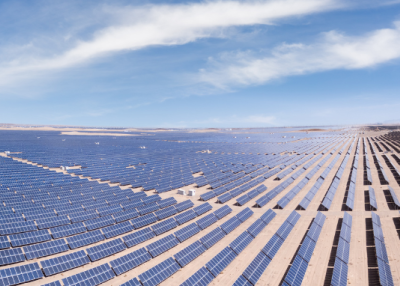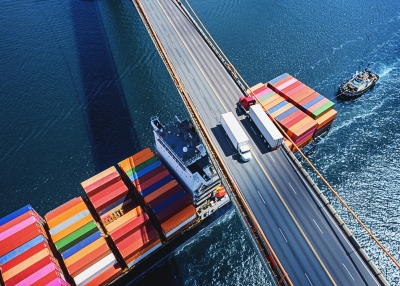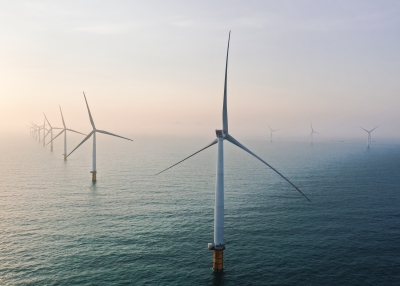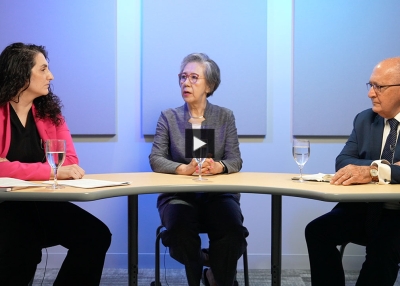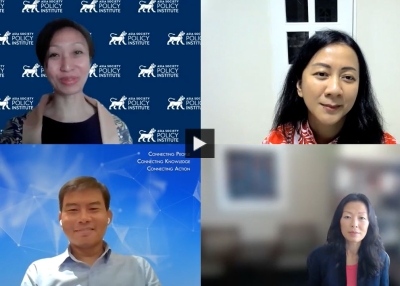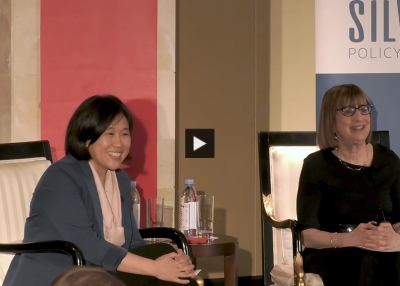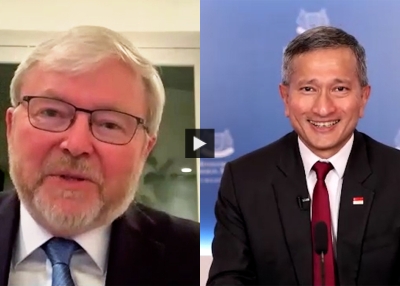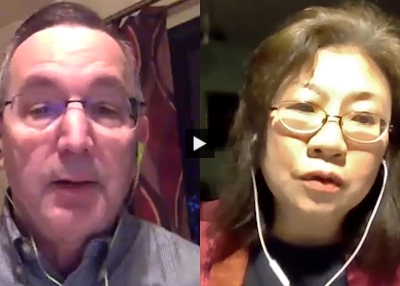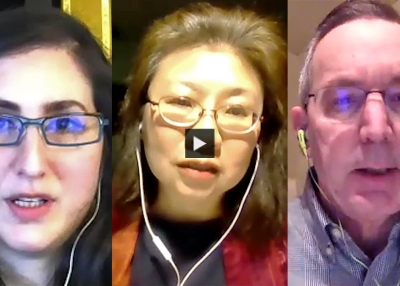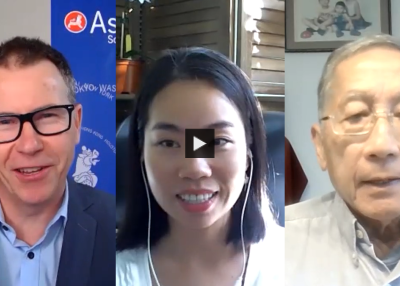
Since 2009, ASPI has sought to strengthen relations between Myanmar and the outside world and support Myanmar’s economic and political development. ASPI’s initial work produced policy recommendations for the U.S. to advance Myanmar's reform process in a phased process. ASPI also worked to convene informal dialogues among experts and former policymakers from the U.S. and Myanmar, with the aim of strengthening bilateral relations and supporting Myanmar’s democratic transition.
Today, through analysis and recommendations papers, public events, strategic dialogues, and expert commentary, ASPI continues to support the strengthening of Myanmar’s economic development and democratic institutions, as well as advocate for increased engagement with the United States and multilateral institutions. ASPI has published multiple reports for policymakers and hosted seminal discussions with Myanmar’s leaders including then President Thein Sein and State Counsellor Aung San Suu Kyi.
Reports
Related Video
Related Content
-
articleAs Kazakhstan and parts of Russia grapple with severe flooding due to rapid and unusually early snowmelt and heavy rainfall, the stark reality of climate change impacts becomes increasingly undeniable.
-
articleIn recent years, global food security has suffered from overlapping crises caused by conflicts, geopolitical tensions, climate change, and the COVID-19 pandemic, resulting in severe food supply disruptions.
-
articleIn the last few years Asia’s food security has suffered a series of crises induced by conflict, climate change and the Covid-19 pandemic, causing great disruptions to food supply systems.
-
reportA new report on priorities for Asia to close its climate finance gap and steer towards net zero emissions by mid-century.
-
articleAustralia would be wise to diversify its gas exports now before Russia’s pivot to Asia takes hold.
-
articleMost economies in Southeast Asia are net food importers. Is now the time for Australia to step up its export production?
-
articleAsia Society Australia Executive Director of Policy, Richard Maude, writes his forecast for 2023.
-
articleRichard Maude writes about the challenges ASEAN is facing in The Diplomat.
-
paperAchieving the Asia-Pacific’s decarbonization targets would enhance regional economic growth, increase employment, and improve energy security
-
articleKevin Rudd and Ban Ki-moon write on the urgent need for accelerated climate action and cooperation in the Asia-Pacific.
-
articleExperts, including WTO Deputy Director-General Angela Ellard, discuss the way forward on critical trade issues following the postponement of the World Trade Organization 12th Ministerial Conference.
-
articleRichard Maude writes in Nikkei Asia about the implications of the Quad for ASEAN.
-
videoWendy Cutler and Nick Wadhams on the Biden Administration's U.S. trade policy.
-
articleThe governments of Southeast Asia should engage the military but ASEAN should suspend Myanmar, writes Asia Society Policy Institute Director, Political-Security Affairs Elina Noor.
-
articleRichard Maude examines how Joe Biden's administration is approaching foreign policy in the Indo-Pacific in the first months of his presidency.
